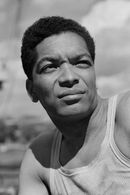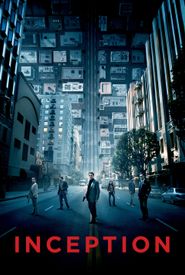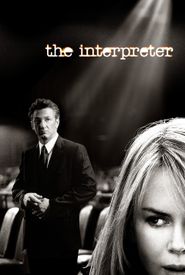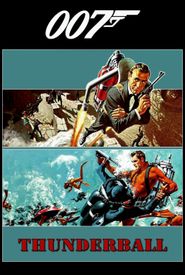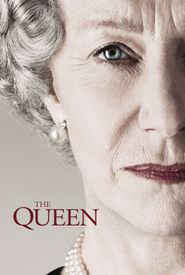Earl Cameron's life took an unexpected turn when he found himself in London during World War II, working menial jobs to make ends meet. It was there that he discovered his passion for acting, inspired by a West End revival of the musical comedy Chu Chin Chow. When an actor failed to show up for a performance, Cameron seized the opportunity to replace him, marking the beginning of his journey on the London stage.
In 1951, Cameron received a significant break when he was cast in the film Pool of London, directed by Basil Dearden. This groundbreaking film featured Cameron in a non-stereotypical role as a dockworker who falls in love with a local woman, making him a pioneer for Black representation in British cinema. He went on to work with Dearden again in Sapphire, playing a physician who is the brother of the title character, who was murdered while passing for White.
Throughout his illustrious career, Cameron appeared in a range of notable films, including Thunderball, where he played opposite Sean Connery as Pinder, Bond's Bahamian assistant. He also played an ambassador in A Warm December, a film starring and directed by Sidney Poitier. In The Interpreter, directed by Sydney Pollack, Cameron portrayed Edmond Zuwanie, a dictator loosely based on Robert Mugabe.
Cameron continued to work steadily in film and television well into his nineties, with one of his final appearances being in the documentary They've Gotta Have Us, produced by BBC Two. This documentary explored the experiences of Black actors in Hollywood.
Sadly, Earl Cameron passed away in 2020 at the age of 102, leaving behind a legacy of groundbreaking performances and a trailblazing career that paved the way for future generations of Black actors.
